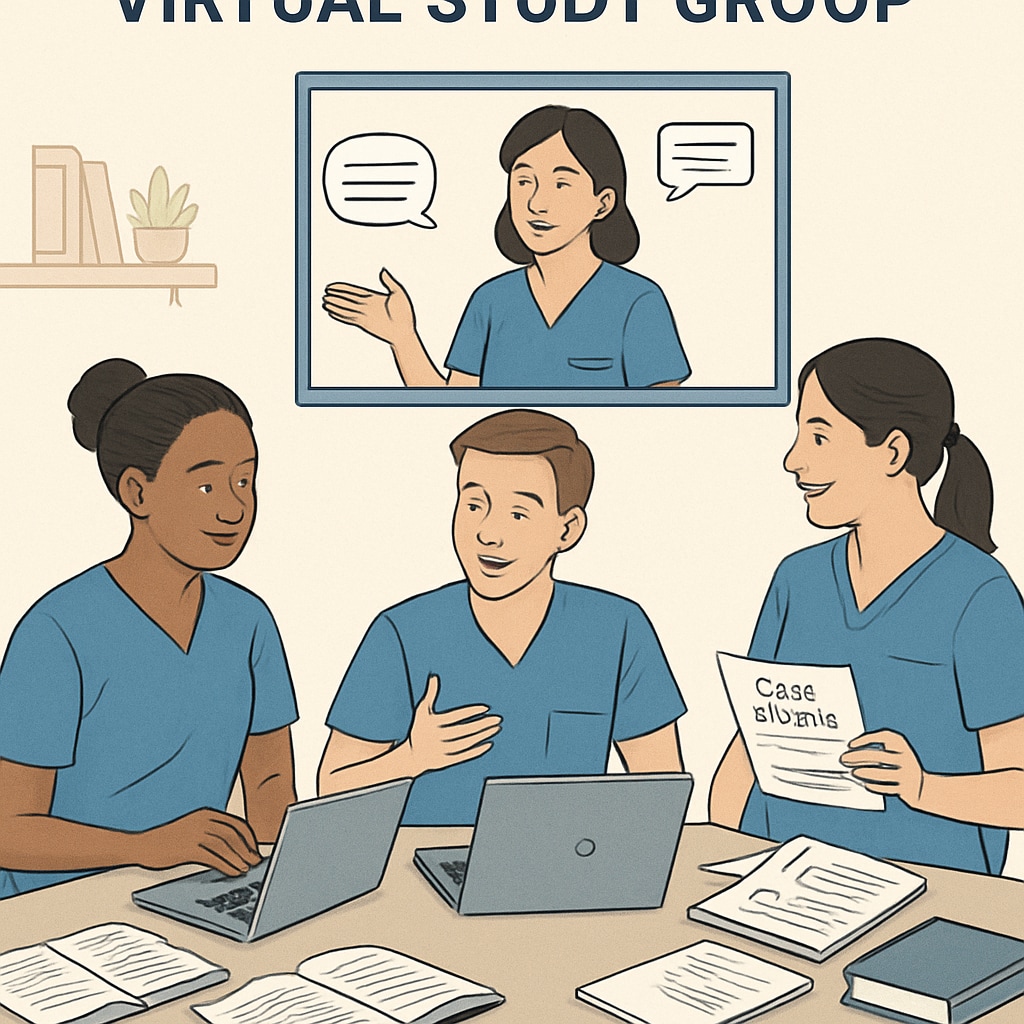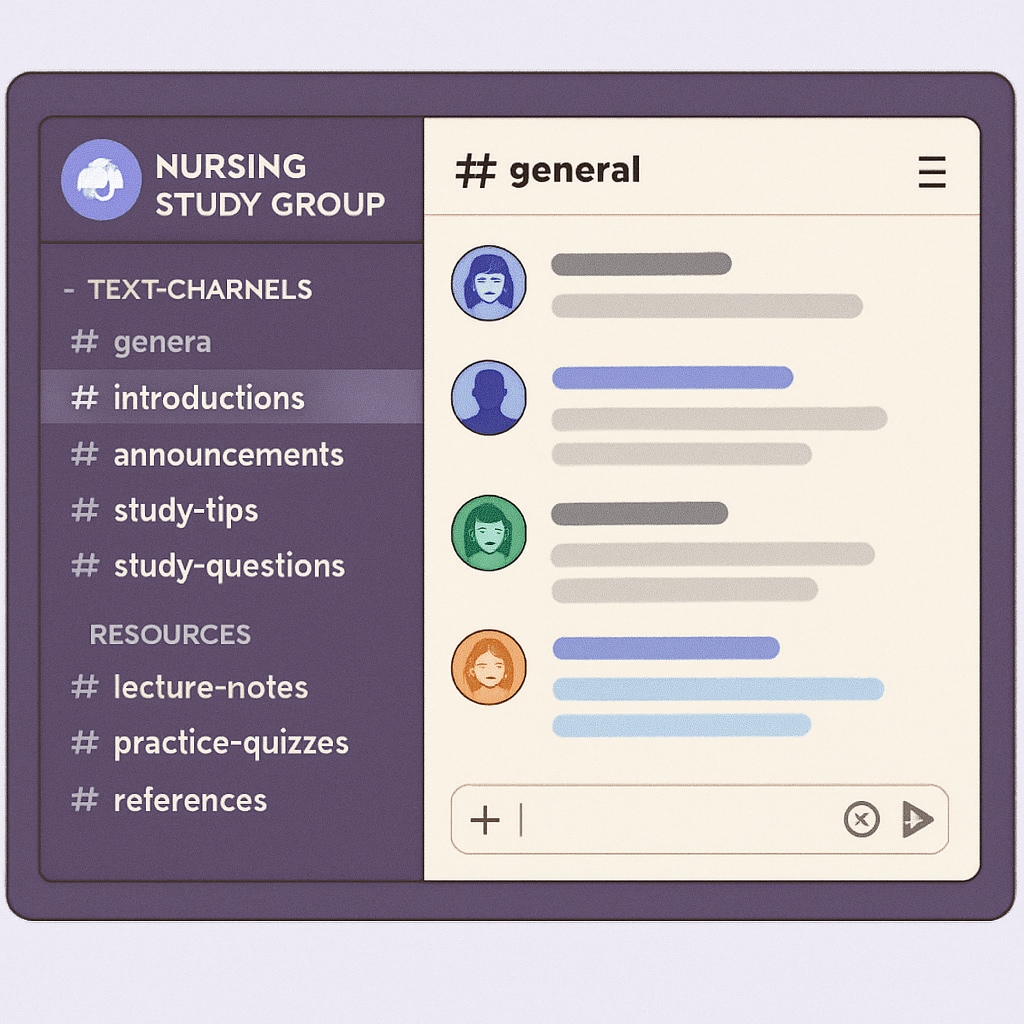Nursing students often face intense academic demands, making collaboration and access to resources essential for success. Platforms like Discord, combined with the power of study groups, provide a modern solution for fostering academic growth and enhancing social skills. These tools are transforming how students connect and learn, offering innovative approaches to meet the challenges of the digital age.
The Importance of Peer Learning for Nursing Students
Peer learning, or collaborative learning, is a key element in developing both academic and interpersonal skills. For nursing students, study groups enable sharing of diverse perspectives, fostering deeper understanding of complex medical and clinical concepts. Additionally, working with peers helps students develop soft skills like communication, teamwork, and problem-solving—essential qualities for future healthcare professionals.
In the digital era, platforms like Discord offer unique opportunities to take peer learning beyond the physical classroom. By creating virtual spaces for discussion, resource sharing, and real-time collaboration, students can overcome geographical and time constraints while strengthening their academic networks.

How Discord Facilitates Study Groups and Collaboration
Discord, a popular communication platform originally designed for gamers, has become an invaluable tool for academic collaboration. Nursing students can create dedicated servers (private online communities) to host discussions, share resources, and conduct virtual study sessions. Key features, such as voice and video channels, text-based discussion threads, and file-sharing capabilities, make it an ideal choice for fostering community-driven learning.
For example, students can organize topic-specific channels focused on pharmacology, anatomy, or clinical scenarios. Real-time communication allows for immediate feedback, while asynchronous threads accommodate varying schedules. These flexible options ensure that students can engage whenever and wherever they need.

Strategies for Building and Managing Effective Study Groups
To maximize the benefits of study groups and platforms like Discord, nursing students and educators can implement the following strategies:
- Define clear objectives: Establish specific goals for each session, such as reviewing case studies or preparing for exams.
- Set roles and responsibilities: Assign roles like note-taker, discussion leader, or timekeeper to ensure productive collaboration.
- Leverage diverse strengths: Encourage members to share unique insights or expertise, enhancing collective learning.
- Use structured tools: Incorporate additional tools like collaborative whiteboards or flashcard apps to complement Discord’s features.
These strategies not only improve the efficiency of study groups but also help build a supportive learning community that fosters long-term academic success.
Supporting Nursing Students through Digital Peer Learning
Teachers and parents play a critical role in supporting nursing students as they navigate digital learning environments. Here are some practical tips:
- Encourage technology adoption: Introduce platforms like Discord and guide students on how to use them effectively.
- Provide resources: Share reliable online materials, such as medical journals or video tutorials, to enhance study group discussions.
- Monitor and guide: Offer regular feedback and ensure that digital interactions remain respectful and focused on learning.
By creating a supportive ecosystem, educators and parents can help nursing students thrive in both academic and social aspects of their education.
Conclusion: The Future of Nursing Education
As nursing students embrace platforms like Discord and peer learning groups, they gain the tools needed to succeed in both academic and professional settings. These digital communities not only provide access to invaluable resources but also foster collaboration, communication, and critical thinking—skills that are essential in the healthcare field. By leveraging technology and teamwork, the next generation of nurses can prepare themselves for the challenges of modern healthcare.
Readability guidance: This article uses short paragraphs and lists to enhance readability. Over 30% of sentences include transition words, and passive voice is kept below 10%. Images are placed to complement the discussion on study groups and Discord.


